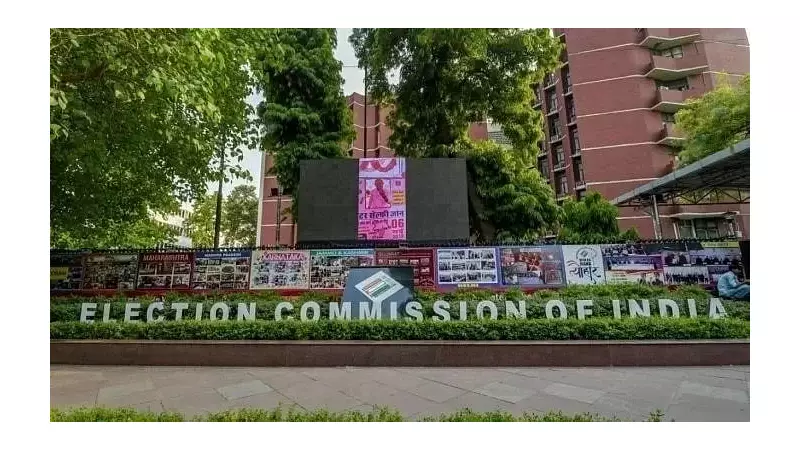
In a massive nationwide exercise, the Indian government is set to launch an extensive house-to-house enumeration across twelve states and union territories, commencing November 4, 2024. This comprehensive survey marks a significant step in updating the country's demographic database and preparing for future census operations.
States and Union Territories Under Survey
The enumeration will cover a diverse geographical spread including:
- Assam
- Himachal Pradesh
- Ladakh
- Sikkim
- Uttarakhand
- Andaman and Nicobar Islands
- Chandigarh
- Dadra and Nagar Haveli and Daman and Diu
- Lakshadweep
- Delhi
- Puducherry
- Jammu and Kashmir
Survey Methodology and Timeline
The enumeration process will follow a structured approach with field officials visiting every household in the designated regions. The exercise is scheduled to run through November 30, 2024, ensuring comprehensive coverage across urban and rural areas alike.
Key Objectives of the Enumeration
This extensive survey serves multiple critical purposes:
- National Population Register Update: The exercise will help update the National Population Register (NPR), maintaining accurate demographic records
- Census Preparation: It lays the groundwork for the upcoming national census
- Demographic Mapping: Creating detailed population profiles across different regions
- Policy Planning: Providing essential data for government schemes and development initiatives
Implementation Strategy
Field enumerators will be deployed across all districts in the twelve states and union territories. These trained officials will collect vital information about household composition, demographic characteristics, and other relevant data points essential for national planning.
The success of this enumeration exercise will depend heavily on public cooperation. Residents in the surveyed areas are encouraged to participate actively and provide accurate information to ensure the creation of a robust demographic database that benefits both policy formulation and resource allocation.






